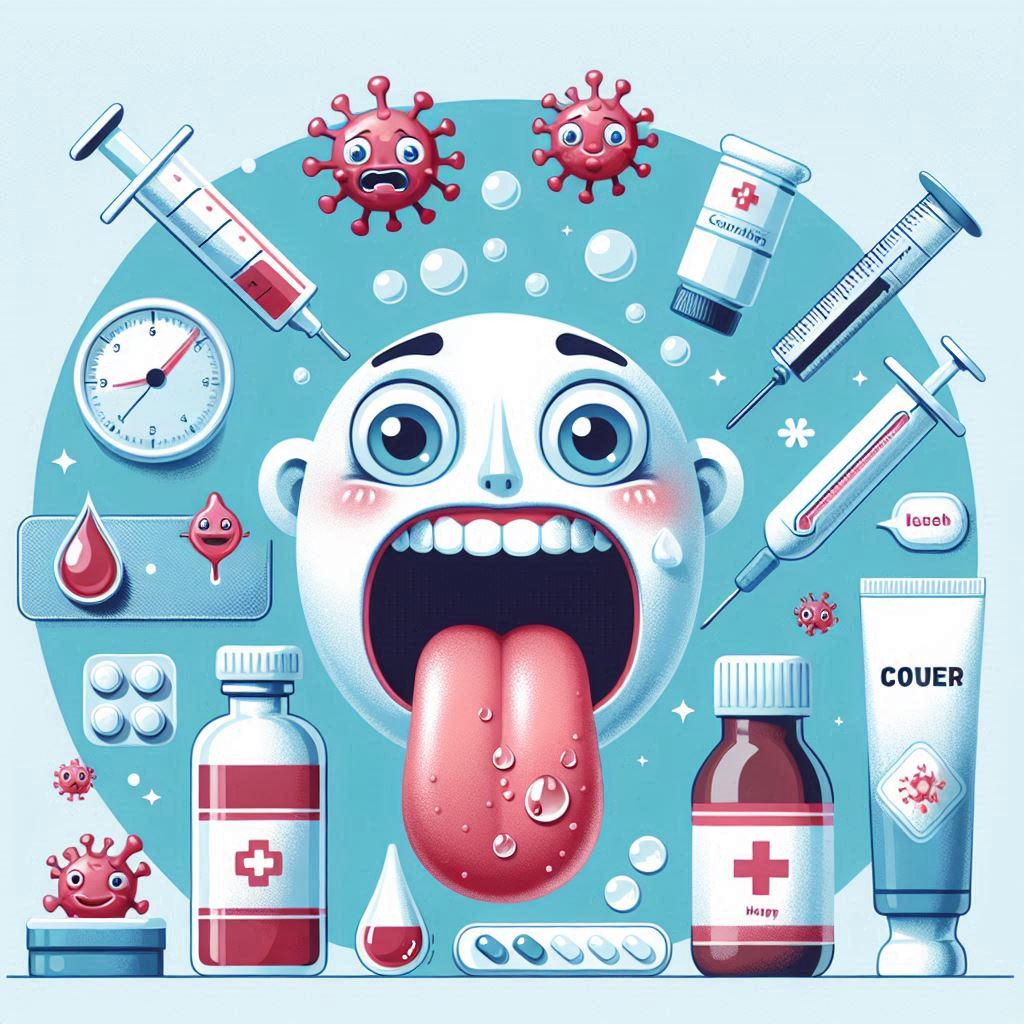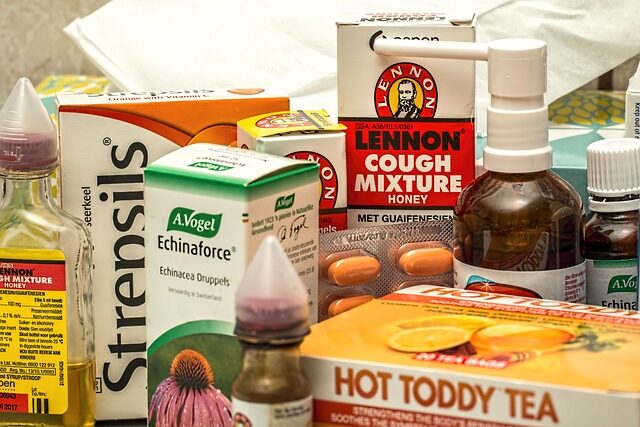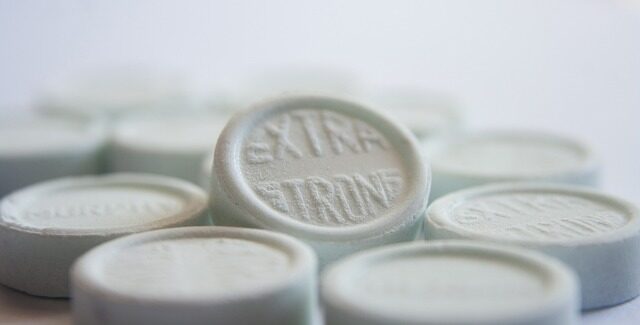Quick Guide: How to Get Rid of a Cold Sore as Fast as Possible

Struggling with the unexpected appearance of a cold sore can be both painful and frustrating. With the right approach, however, it's possible to reduce the healing time and quickly return to comfort. Finding a rapid solution is key for those looking to minimize the impact and spread of this common ailment.
In this article, we'll explore various methods and treatments that can help you get rid of a cold sore as fast as possible. Whether through medications or home remedies, tackling a cold sore promptly can lead to a swifter recovery.
- How to Get Rid of a Cold Sore in 24 Hours?
- What Are the Best Home Remedies for Cold Sores?
- How to Stop a Cold Sore When You Feel It Coming On?
- What Medications Are Effective for Treating Cold Sores?
- How to Dry Out a Cold Sore Overnight?
- What Lifestyle Changes Can Help Prevent Cold Sores?
- Related Questions on Managing Cold Sores
How to Get Rid of a Cold Sore in 24 Hours?
While completely banishing a cold sore within 24 hours is challenging, there are measures you can take to significantly reduce its size and pain. Immediate action is crucial. Begin treatment as soon as you feel that first tingle, indicating an onset of a cold sore.
Apply ice or a cold compress to the affected area to soften the impact. Over-the-counter creams like docosanol can also help if used at the first sign of a sore. Pain relief medications can ease discomfort and reduce swelling. For some, a change in diet during the outbreak, avoiding acidic or salty foods, can prevent further irritation.
Remember, while these actions can provide quick relief, they are more about managing symptoms and preventing the cold sore from worsening rather than a cure within a day.
What Are the Best Home Remedies for Cold Sores?
Home remedies can offer comfort and aid in speeding up the healing process of cold sores. Here are some effective at-home treatments:
- Lemon balm: Known for its antiviral properties, it can be applied topically to reduce swelling and redness.
- Aloe vera: The soothing gel can calm inflammation and fight off viruses.
- Essential oils such as tea tree or peppermint oil have been cited for their antiviral qualities but should be used with caution and diluted properly.
- Garlic: A controversial choice, garlic's antiviral properties might help, yet it may also irritate the skin.
While these remedies can assist, it’s always wise to consult with a healthcare professional before trying out any new treatment.
How to Stop a Cold Sore When You Feel It Coming On?
Acting swiftly at the onset of a cold sore can mitigate its effects. An antiviral medication, if prescribed, should be taken immediately. These medications, like Acyclovir or Valacyclovir, work best when administered at the earliest sign of a cold sore.

Topical treatments, such as docosanol or over-the-counter anti-inflammatory creams, can also impede the progression. Avoid touching the sore to prevent spreading the virus, and maintain proper hygiene by regularly washing your hands. Additionally, avoid stress and exposure to cold weather, as they can exacerbate the condition.
It's important, too, to bolster your immune system during this time; a strong immune response can help contain the virus more efficiently.
What Medications Are Effective for Treating Cold Sores?
When it comes to medications, antiviral drugs are the frontline treatment for cold sores. Prescription medications like Acyclovir, Valacyclovir, and Famciclovir have been proven to reduce the duration and severity of cold sores when taken promptly.
For those looking for over-the-counter options, docosanol cream can be applied directly to the cold sore to inhibit viral replication. Pain relief medications, including ibuprofen and acetaminophen, offer relief from the discomfort cold sores cause.
While these medications are effective, they are most beneficial when used as part of an early intervention strategy.
How to Dry Out a Cold Sore Overnight?
Drying out a cold sore can reduce its painful lifespan. One popular method is to apply a small amount of alcohol or witch hazel directly to the sore with a cotton swab.
Another technique is to use a cold compress or an ice pack to reduce inflammation and redness. Some people find relief in applying a paste made from baking soda and water, which can dry out the sore. These methods, when done safely and cautiously, can provide overnight relief.
However, it's essential to remember that overly aggressive drying can lead to cracking and potential scarring, so gentle application is recommended.

What Lifestyle Changes Can Help Prevent Cold Sores?
Preventing cold sores is often about understanding and avoiding your personal triggers. Common triggers include stress, sun exposure, and immune system suppression.
Maintaining a healthy lifestyle through balanced nutrition, regular exercise, and sufficient sleep can strengthen the immune system. Using lip balm with SPF can help protect against sun-induced outbreaks. Additionally, managing stress through mindfulness, yoga, or other relaxation techniques can be beneficial.
Keep in mind that cold sores are contagious; avoid sharing utensils, lip products, or kissing someone with an active outbreak. Always wash your hands thoroughly and refrain from touching the sore to prevent spreading the virus.
How Do You Get Rid of a Cold Sore Fast Overnight?
To accelerate cold sore healing overnight, apply a topical treatment like docosanol or a prescription antiviral cream. Compresses, either cold to soothe or warm to increase blood flow, can also be effective.
Additionally, avoid irritation from spicy foods or acidic beverages, and maintain a hands-off approach to prevent worsening the sore or spreading the virus.
Is It Better to Keep a Cold Sore Moist or Dry?
It's a balancing act. While keeping a cold sore moist can prevent cracking and potential secondary infection, too much moisture can foster an environment for the virus to thrive. Apply creams judiciously and consider using a medicated lip balm.
When a cold sore reaches the scabbing phase, maintaining some moisture can help prevent painful splitting as the skin heals.

How Quickly Can You Treat a Cold Sore?
Immediate treatment is key. At the first sign of a tingle, apply ice or a cold compress and use a topical antiviral if available. Prescription antiviral medications can also reduce the outbreak if taken early on.
Remember, the quicker you act, the more effective the treatment will be.
How to Heal Cold Sore Scab Fast?
Once a cold sore scab forms, keeping the area clean and protected is vital. Apply a thin layer of petroleum jelly to prevent cracking, and consider using an over-the-counter solution like a protective cold sore patch to cover the area and promote healing.
Avoid picking at the scab, as this can lead to scarring and slow the healing process. Instead, focus on maintaining a strong immune system to aid in repair.

Leave a Reply